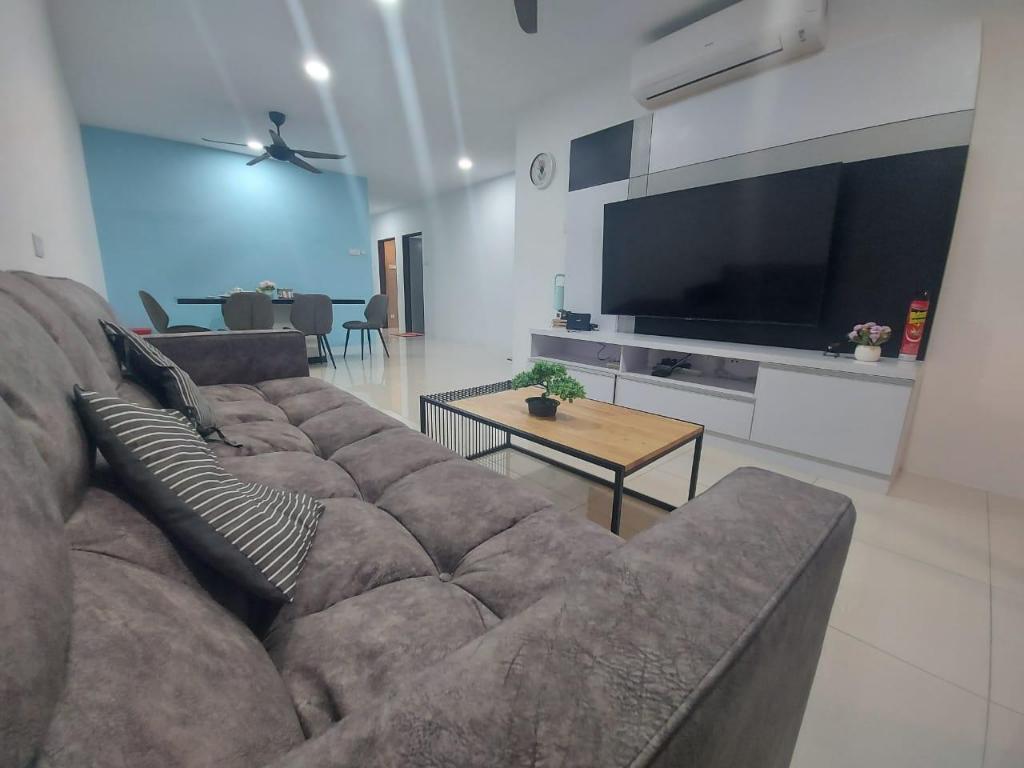
The Asia Travel Technology Industry Association (ATTIA) and its members submitted recommendations to the Penang State Government (Local Government Division) recently (Oct 6, 2022) regarding the proposed Short-Term Rental Accommodation Guidelines for Strata Properties in Penang.
This follows a consultation session between ATTIA and Penang officials on September 15th, 2022, where we were invited to submit detailed recommendations.
With leading online travel platforms such as Airbnb, Agoda, Booking.com and Expedia among its members, ATTIA expressed deep concern over the proposed Guidelines, which would severely restrict the ability of short-term rental accommodation (STRA) hosts to accommodate guests in strata properties in Penang.
At a time when Penang is trying to recover its valuable tourism industry, such policies would stifle tourist arrivals, and also send mixed signals about Penang’s commitment to attracting tourists and digital nomads.
ATTIA’s Main Recommendations
To ensure that the STRA sector is properly managed, ATTIA recommends that the Penang State government adopt a robust regulatory approach, which will provide certainty to regulators, industry participants and local communities. Our main recommendations are:
(a) Allow building residents to decide if STRA should be banned: The current Guidelines would ban strata STRA unless JMB/MC approval is obtained. We argue that STRA should instead be allowed by default in both commercial and residential properties. Through a 75% vote, residents can already use the Strata Management Act 2013 to pass by-laws on whether STRA should be restricted in specific buildings based on local needs (e.g., set the maximum number of nights a guest can stay).
(b) Mandatory Code of Conduct: Instead of imposing strict restrictions on STRA in strata properties, introduce clear rules for hosts and guests with a Code of Conduct. This could set minimum standards for host and guest behavior to tackle noise and nuisance.
(c) Digital registration system for hosts: A centralized digital registration system could be introduced to make registration (and renewals) clear and simple for new hosts.
By following these best practices, Penang could offer a STRA system which is on par with international standards. This will make it even more attractive and competitive to tourists and digital nomads – especially when Malaysia is trying to attract such travelers.
ATTIA’s Alternative Recommendations
However, if the above recommendations are not possible, ATTIA at the very least asks that the Penang State Government consider these alternative recommendations:
(a) Not impose the 3-day a week limit for strata STRA: We especially oppose this arbitrary limit. Since STRA guests usually make longer bookings and spend more money within local communities, these limits would cause Penang to miss out on the digital nomad and sustainable travel wave. Moreover, it seems nearly impossible to properly enforce ‘night limits’, given the number of STRA transactions taking place.
(b) Allow STRA to operate by default: By imposing a blanket ban on strata STRA, this would only increase the administrative burden for hosts as well as local authorities. This is especially since the proposed processes include manual documentation, and would force hosts to endure lengthy JMB/MC voting and verification processes.
(c) Remove requirements which only allows Malaysian citizens to host: We believe that every homeowner has unique experiences to share with visitors to Penang. The requirement would exclude regular, tax-paying residents in Malaysia that are not citizens from sharing their homes. It would also be difficult to fully enforce this policy, as non-citizens or permanent residents could simply find a proxy to register on their behalf.
Ultimately, the majority of STRA hosts are individuals – not companies. These barriers would make it very difficult for genuine hosts to comply. Instead of shutting out tourism, it is better to address concerns such as noise and nuisance by working more closely with STRA platforms to tackle the root causes.


